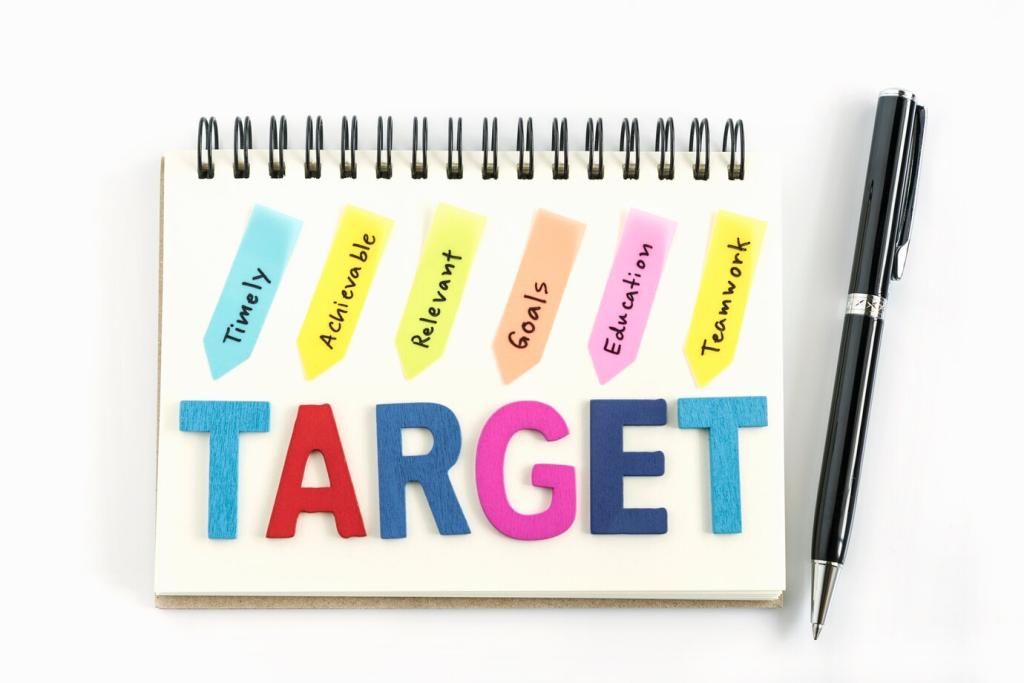Inclusive, Accessible, and Respectful Copy
Feature varied home sizes, family structures, and styles without stereotypes. Avoid shaming clutter or implying one “correct” aesthetic. Ethical copy celebrates personal choice and context. What kinds of homes or stories feel missing in furniture marketing? Tell us and help broaden the picture.
Inclusive, Accessible, and Respectful Copy
Offer seat height, arm support, cushion firmness, and transfer ease for mobility considerations. Use alt text, readable contrast, and clear headings. Someone once wrote to say accessible specs helped them furnish a first home independently. Want an accessibility checklist? Subscribe and we’ll send one.










